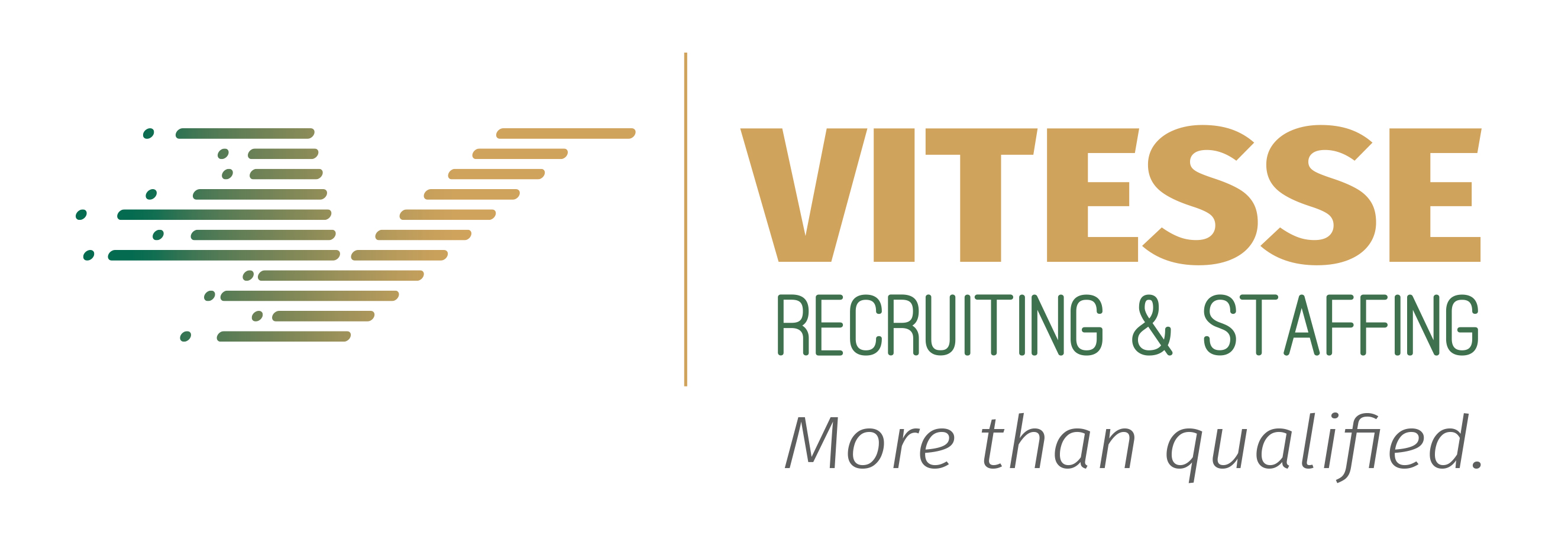Author: Kim Zastrow
Preparing for interviews involves more than just memorizing answers to commonly asked questions. Whether you’re already confident you’re going to ace the interview or you’re getting sweaty palms just thinking about it, it’s important that you ready yourself mentally. Undoubtedly you carefully plan for how to dress and groom yourself the day of your interview; similarly, you would want to prepare mentally on how to handle the interview.
How do you go about preparing your mind?
A little research into the company you’re applying for is a must. According to an article from the Huffington Post, “the most successful interviewees are not passive outsiders to the process; they are active participants.” This means even before you walk into that interview, your research into the company and the job you’re applying for will help you get a sense of how you should approach an interview.
For example, imagine a candidate “Amy” who is applying for a job as an office administrator. Although she may be experienced in sales from a past customer service job, she would want to prepare to discuss skills that are more directly related to the job she’s applying for such as organization and management, which are transferable skills.
A common adage says positive thinking leads to positive results. If you don’t believe in yourself that you can achieve something, you will have an even harder time convincing a potential employer of that in your interview. Just as you would take preemptive measures to keep from getting sick, such as hand washing, so you as a candidate can take necessary steps to keep negative thoughts at bay. In the days prior to the interview, take a few moments to reflect on positive qualities and abilities you possess. This will help you to refocus and gain confidence in yourself.
Building this positivity can help you in additional ways. One popular interview technique is to attempt to catch the candidate off guard by putting him or her under pressure, also known as a stress test. In preparing mentally for this, think of the reasoning behind why the interviewer is asking you such challenging questions. One reason may be that an employer wants to know how a potential employee would react under stress or to see the candidate’s maturity level when faced with a difficult situation. U.S. News Money stated, “Like dogs, aggressive interviewers can smell fear”. This is not to say that if you’re a bit nervous during the interview you’re going to fail. Essentially though, an interviewer may be trying to discern who will be the best fit for their company, and someone who crumbles quickly under pressure will not likely be among their top picks.
What this knowledge allows you, as the candidate, to prepare for is not necessarily how to respond with words, but how to respond with your body language. Let’s return to our scenario with Amy.
Her interviewer starts asking pointed questions such as, “What makes you think you can succeed in a company like ours? Where do you see yourself in five years? What would you say is your biggest weakness?”
Questions such as these could possibly throw off an unprepared candidate. Amy could become speechless or start stuttering. Even if she was able to respond in an appropriate manner, could her body language communicate other signals such as fidgeting, angry facial expressions, or a defensive posture?
Because Amy, while not relishing the challenging questions, understands the position of the interviewer, and doesn’t become overwhelmed or irate by such questioning and calmly responds, “I understand how as an employer those are important things to consider. However, I have confidence that I would be successful in this position because…”
Emotional energy is transmittable
This is seen when just one person can shift the mood of a group of people either to negative or positive. So take control of the energy in your interview, and create the kind of atmosphere you want with your body language. Avoid crossing your arms, giving a tense or guarded appearance, and avoid displaying nervous mannerisms. Shake the interviewer’s hand when you enter, give a friendly smile, comment that you’ve been looking forward to the opportunity to interview with this company as you have much respect for their operation.
Remaining respectful and modest in your answers allows a discerning employer to see that you value his company and his opinion; at the same time, it reveals that you have confidence in yourself and that his left field, bold questions are not about to shake you. Just like Amy in our illustration, you may be put in a difficult spot. Remember these are not personal attacks; the interviewer will likely also pose the same questions to the other candidates. Also, you were invited to interview for a reason, so don’t allow the apparent intimidation to cause you to doubt your abilities.
It is important to note that it is often the candidates who leaves the best impression, not necessairly the most qualified individual who gets hired for the job. Therefore, never rely solely on the strength of your resume, but be prepared to make a great impression and showcase your personality, not just your accomplishments.
In short, acing an interview starts long before you say anything at all. It begins with your mindset and what you believe about yourself, so prepare well to succeed!
VITESSE is a premier recruiting and staffing company because of our focus on the individual needs of both companies and candidates. Our goal is to provide the best fit for the needs of both parties and at the same time to elevate the level of skill and business being provided. Why not see what we can do for you?
